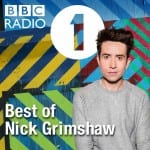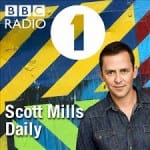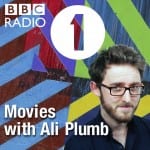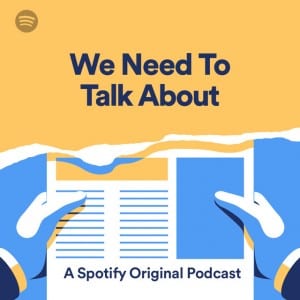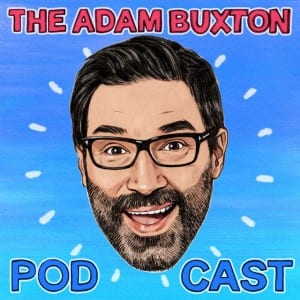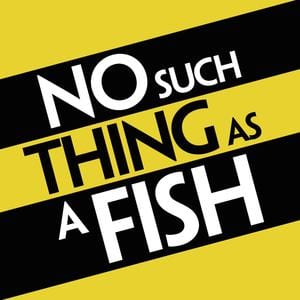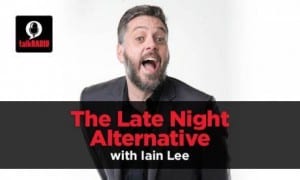Radio 1 last outputted their own comedy in 2014 through a programme called Phil & Alice’s comedy lounge which aired last aired in 2014, it was a section of the show titled Phil Taggart and Alice Levine which was predominantly focused on new music and filled the infamous ‘Peel slot, this means that comedy already felt out of place on the programme. The comedy itself was standup based on standup with the comedians taking to a stage in front of an audience and this then being recorded and subsequently broadcast, the variety that this had was huge though with their being different styles of comedians and different topics being discussed.
http://www.bbc.co.uk/programmes/p01mqsdp
Before this, it would be fair to count Chris Moyle’s breakfast show as something that was funny and in a sense comedy due to the spontaneity of Moyles and the large team that worked with him and featured within the programme be it from Comedy Dave to the producer Aled. The reason that this was funny because of the characters and the way that Moyles would do very random items such as the games he played or the interviews he did. This last aired in 2012 and he was replaced with Nick Grimshaw.
The original dawn of comedy on Radio 1 was considered to be Jack Jackson who utilised tape recordings and comedy clips between records and used tape editing to experiment and he said to be the start of Radio 1’s relationship with comedy
Kenny Evertt is a seen as a man of pure talent, as he was a pioneer of Radio 1’s output and the comedy output particularly, he was on air from BBC Radio from 1968-1972, his show was music based and he played relatively new music but the links between these is what he is known for with these being exceptionally funny and entirely random. The shows contained pre recorded elements, clips and alot of sarcastic comedy that relates to our own project, the things that he talked about were also very relatable to the listener.
The Marry White House Experience
This was a satire based programme that used music and clips to create comedy, with it mostly being one liners that segued into music to create the joke. This was all done in a front of a live studio audience. It also involved live sketches that would mock politicians or current affairs, however these would be a starting point and often expand outwards in to topics that did not directly relate. The Marry Whitehouse Experiment was probably the most similar thing that radio 1 aired . It utilised comedy double acts to front the programme and was heavily structured in its delivery and format. But it was ultimately funny and at the time considered to be relatively risky due to the style of comedy and its delivery (Worthington, 2012).
Armando Lannuci
This programme is similar to that of what we hear currently on radio 1 with it being fast paced and spontaneous. It had features such as the Shy Sessions with bands that wouldn’t get played elsewhere do a session with a microphone placed down the corridor, it also was heavily ‘news’ themed with items such as ‘The Height of Buildings’ and information about a song be said over it when it was being placed. It also featured mock guests that didn’t know what they were doing and were entirely false, there were also political satire elements to the programme with this occasionally featuring (Worthington, 2012).
Chris Morris,
He produced programmes such as the Chris Morris Music hour, this was again random and off the bar including things such as prank calls, random guests that are faked to create humorous interviews. This again is more commonplace nowadays and it would be fair to say that it is similar to Chris Moyle’s breakfast show due to the sketches and the sheer randomness (Worthington, 2012)
The original dawn of comedy on Radio 1 was considered to be Jack Jackson who utilised tape recordings and comedy clips between records and used tape editing to experiment and he said to be the start of Radio 1’s relationship with comedy
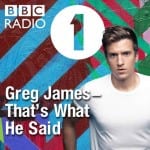 The first podcast that Radio 1 currently produce is That’s What He Said (Greg James’ podcast). This podcast mixes best bits of his daytime programme which airs 4-7 pm weekdays and exclusive games and chats for his podcast that do not air anywhere else on Radio 1. The podcast is more than just say a new incarnation of the radio show, as it has the news reader Chris Smith involved in it as its co-host and backstage team members that produce the programme itself.
The first podcast that Radio 1 currently produce is That’s What He Said (Greg James’ podcast). This podcast mixes best bits of his daytime programme which airs 4-7 pm weekdays and exclusive games and chats for his podcast that do not air anywhere else on Radio 1. The podcast is more than just say a new incarnation of the radio show, as it has the news reader Chris Smith involved in it as its co-host and backstage team members that produce the programme itself.